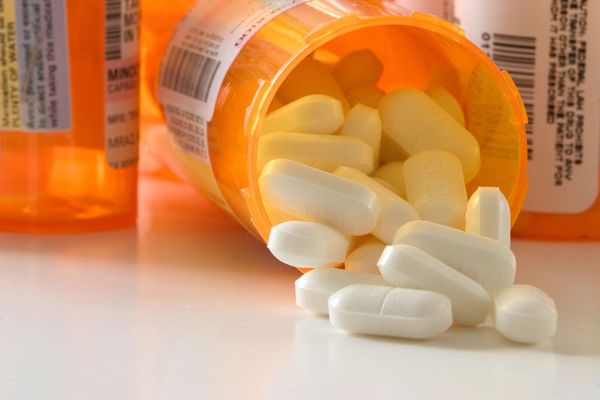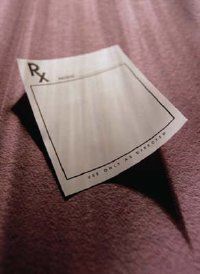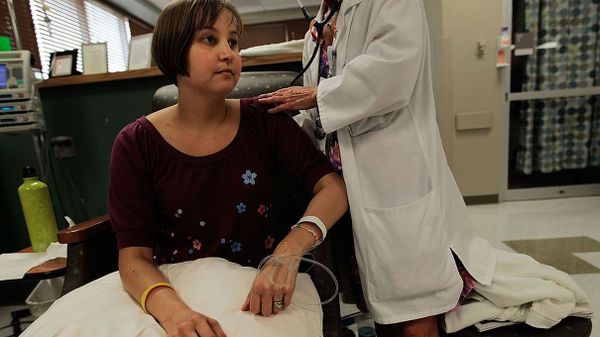
Pharmaceutical sales reps, laden with drug samples, small gifts, or pizza for the office staff, are common sights on medical premises. This practice, known as "detailing," is designed to incentivize physicians to prescribe, or at least consider, prescribing the rep's latest drug over the competition. A recent, large-scale examination of doctors' prescribing habits shows that detailing is probably playing a larger role in prescribing than previously thought, much to the chagrin of medical ethics experts.
A new JAMA study, published by researchers with Carnegie Mellon University and University of California, Los Angeles, looked at the prescribing habits of 25,000 physicians. Some were impacted by recent detailing restrictions imposed by their medical centers, with a total ban on food and gifts being the most common limitation thrust upon pharma reps. The control group was composed of physicians of similar practice types and prescribing habits whose workplaces did not enforce any type of detailing restriction.
Advertisement
The researchers looked at data involving the prescribing behavior of all these docs (both before and after detailing restrictions were imposed) for 262 drugs across eight major drug classes. These classes ranged from lipid-lowering drugs and diabetes treatments to antidepressants and sleep aids.
The results showed that a significant number of physicians switched from prescribing more expensive, patent-protected drugs to their cheaper, generic counterparts after the detailing restrictions took effect. In fact, this resulted in the average detailed drug taking a dip of 1.67 percentage points from 19.3 percent of market share, compared with an increase of 0.84 percentage points from 14.2 percent of market share for nondetailed (generic) drugs. This study is the largest to look at the impact of detailing practices and found associations in six of eight drug classes.
"No medical center completely barred salesperson visits; salespeople could and did continue to visit physicians at all medical centers in the study," says researcher Ian Larkin, assistant professor of strategy at UCLA's Anderson School of Management, in a press release. "The fact that regulating gifts while still allowing sales calls still led to a switch to cheaper, generic drugs may suggest that gifts such as meals play an important role in influencing physicians."
Researchers are quick to point out that the data can't definitively show a causal relationship between detailing rules and prescribing habits, but it's about as close as studies are likely to come to doing so. "The results were remarkable robust — after the introduction of policies, about 5 to 10 percent of physician prescribing behavior changed," explains Larkin.
Advertisement


